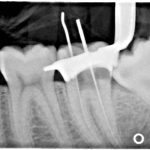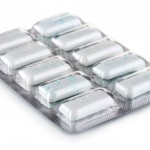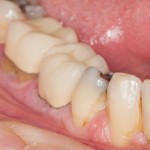
In this blog we look at a RCT investigating the effect of a smartphone App on dental anxiety, communication, cooperation, and satisfaction among Brazilian adolescent patients. The findings show a reduction in anxiety from 22.8% to 6.5% in the test group compared with a reduction form 20.7% to 18.8% in the control group.
[read the full story...]







